On October 24, 2022, the U.S. Department of the Treasury’s Office of Foreign Assets Control (“OFAC”) sanctioned the Nicaraguan mining authority, General Directorate of Mines (“DGM”), as well as one official of the Government of Nicaragua, pursuant to Executive Order (“E.O.”) 13851. This E.O. allows OFAC to designate in the List of Specially Designated Nationals and Blocked Persons (“SDN List”) individuals or entities that are part of the Nicaraguan Government.
On the same date, the U.S. President signed E.O. 14088 “Taking Additional Steps to Address the National Emergency with Respect to the Situation in Nicaragua.” This new E.O. expands OFAC’s authority to impose economic sanctions targeting “certain persons that operate or have operated in the gold sector of the Nicaraguan economy, and any other sector identified by the Secretary of the Treasury in consultation with the Secretary of State.” Additionally, E.O. 14088 provides additional sanctions authorities that OFAC may use in the future to prohibit the approval, financing, facilitation, guarantee, or other participation in certain transactions related to (i) importation into the U.S. of products of Nicaraguan origin, (ii) exportation, re-exportation, sale, or supply from the U.S. of “items” to persons located in Nicaragua, and (iii) new investment in the Nicaraguan economy.
OFAC also issued Nicaragua-related General License 4 which provides a time-limited authorization for certain transactions, otherwise prohibited by the Nicaragua Sanctions Regulations, 31 CFR part 582 (the “NSR”). Specifically, the General License 4, allows U.S. persons to engage in transactions ordinarily incident and necessary to the unwinding of any transactions involving the DGM, including entities in which DGM owns no less than 50 percent interest, through 12:01 a.m. EST, November 23, 2022, provided that any payment to a blocked person, must be made into a blocked account in accordance with the NSR.
DRT Commentary
Consequences of These Additional Sanctions
The properties of individuals and entities added to the SDN List, within or transiting the U.S., are blocked. In addition, unless it is authorized by a general or specific license issued by OFAC, U.S. persons or foreigners that conduct business in or with the U.S., U.S. persons, or using U.S.-origin goods or services, are prohibited from engaging in transactions with individuals and companies sanctioned under the Executive Orders or with entities in which they have, directly or indirectly, 50% or greater ownership interest.
Individuals and entities found to be in violation of OFAC sanctions, whether U.S. or foreign, will be exposed to significant civil and criminal penalties, and may themselves, be added to OFAC’s SDN list through the enforcement of secondary sanctions.
Preventing Violations of Nicaragua-Related Sanctions
Conduct an OFAC review of any transaction involving Nicaragua, to confirm whether OFAC’s authorization to proceed is needed. If necessary, request OFAC’s specific license or interpretative guidance. In addition, organizations can prevent, detect, and react appropriately to violations of OFAC sanctions by designing and implementing Sanctions Compliance Programs (“SCP”). Having an effective SCP in place, is also a significant mitigating factor that OFAC will consider when deciding whether to impose sanctions based on an apparent violation of its regulations, or for calculating the appropriate penalty.
Legal Options for Sanctioned Individuals and Entities
Anyone placed on the SDN List by OFAC under GLOMAG has the right to seek removal under an administrative process known as “De-Listing.” To be removed, listed individuals and entities, must file a written request with OFAC showing that an insufficient basis exists for OFAC’s sanctions, or that the circumstances resulting in OFAC’s sanctions no longer exist.
After a De-listing request is submitted, OFAC may request additional information before rendering a written decision. If the request for De-Listing is granted, the person’s name, along with related identifying information, are removed from the SDN List. And, if OFAC denies the De-Listing request, administrative remedies are deemed exhausted and listed individuals and entities can subsequently file a civil action with a U.S. Federal District Court, seeking judicial review of OFAC’s actions under the Administrative Procedure Act. In such a civil action, sanctioned individuals or entities, may argue that OFAC’s action should be reversed on grounds that it was arbitrary, capricious, an abuse of discretion, or otherwise not in accordance with the law.





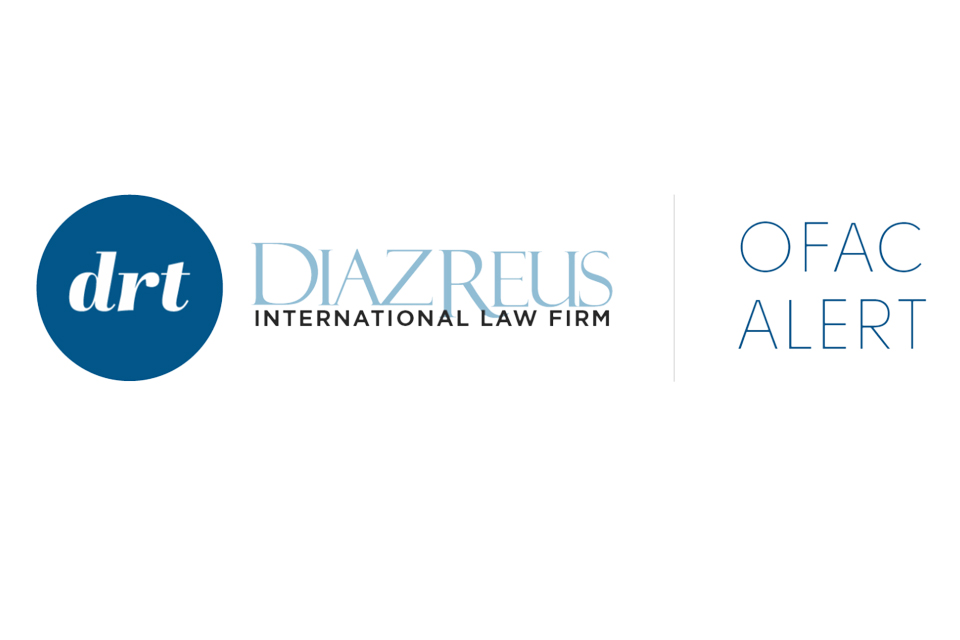





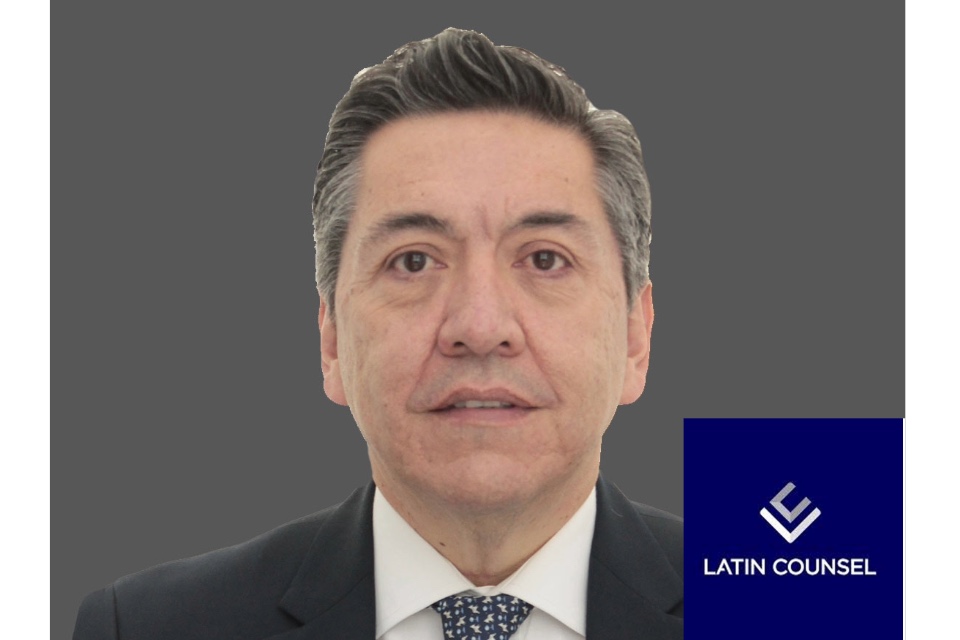
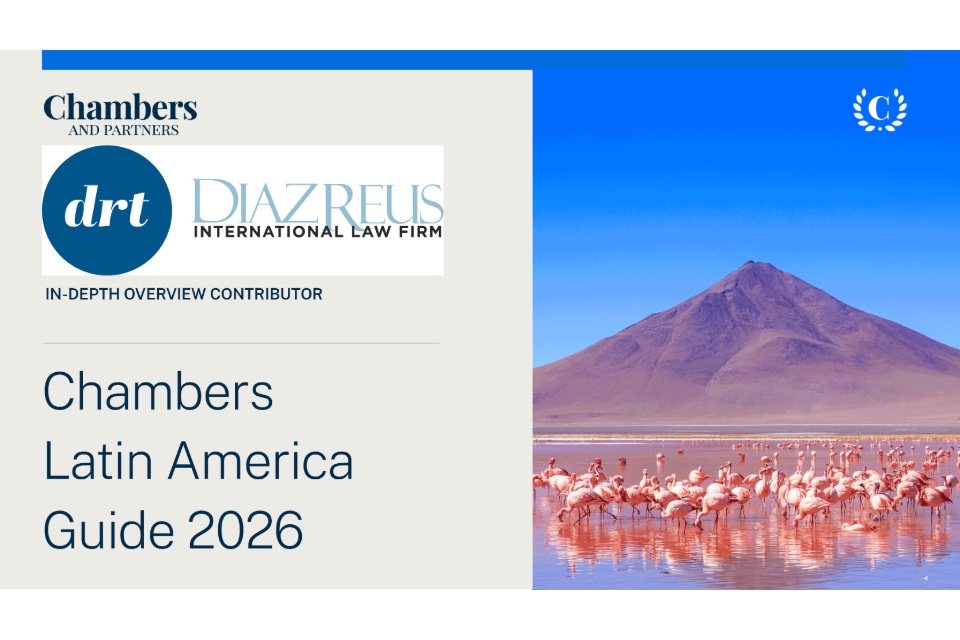

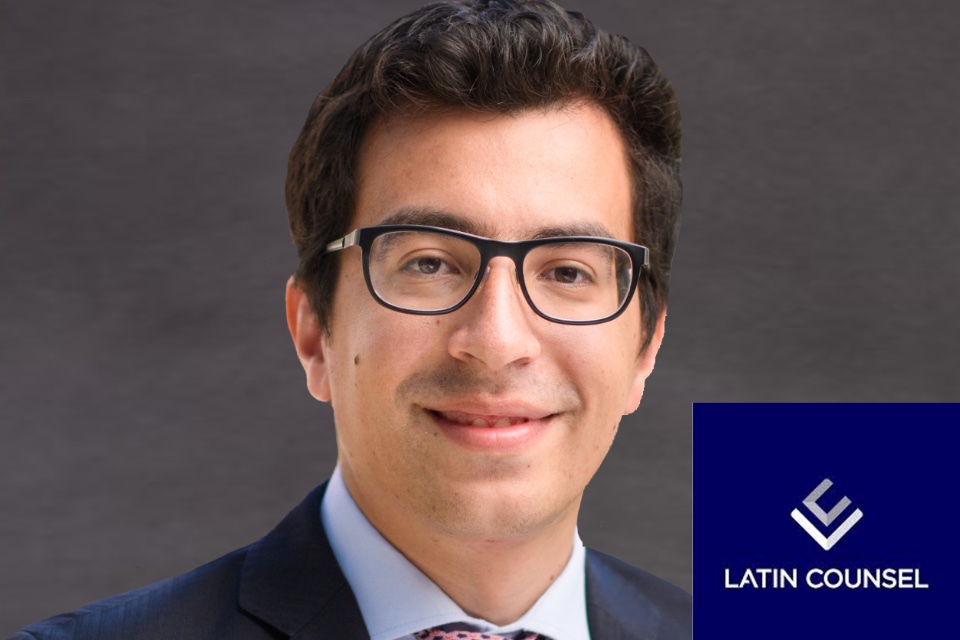
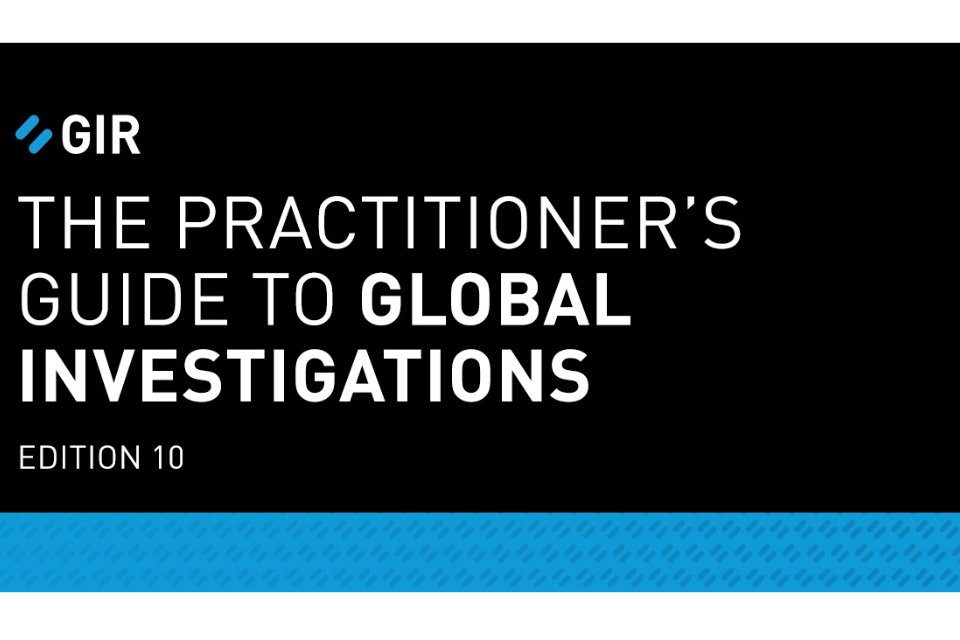
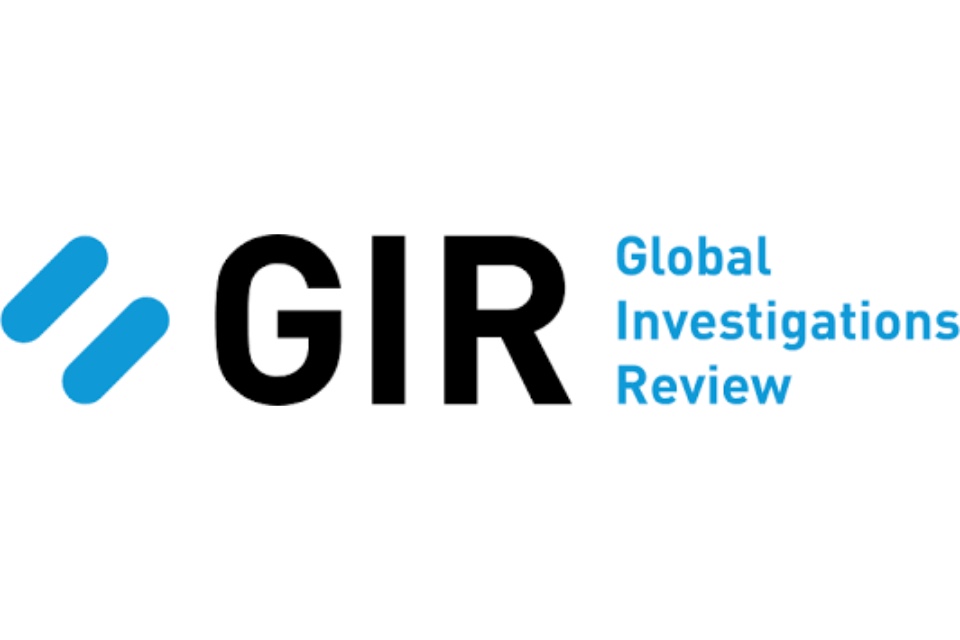


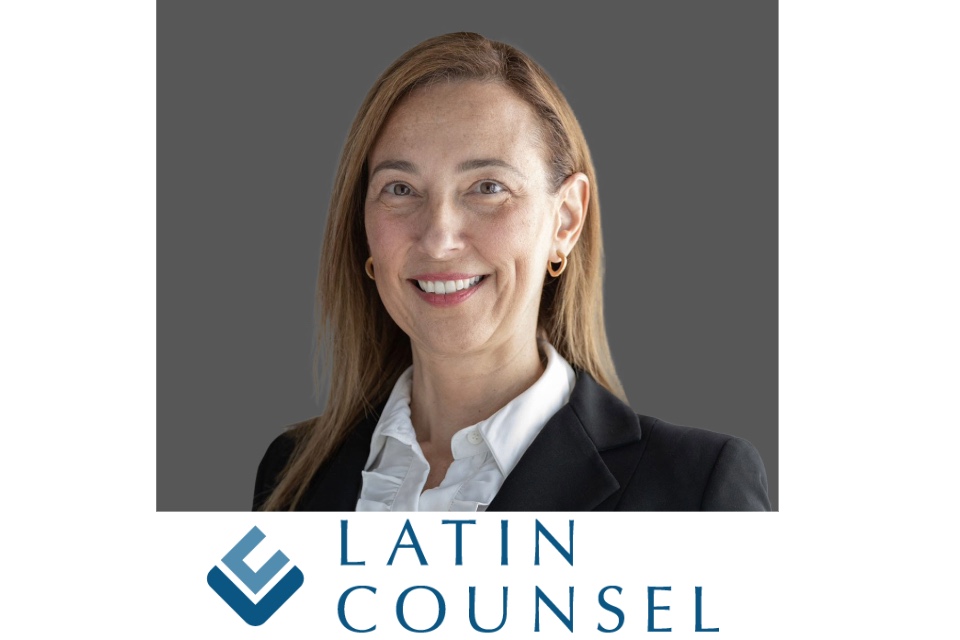

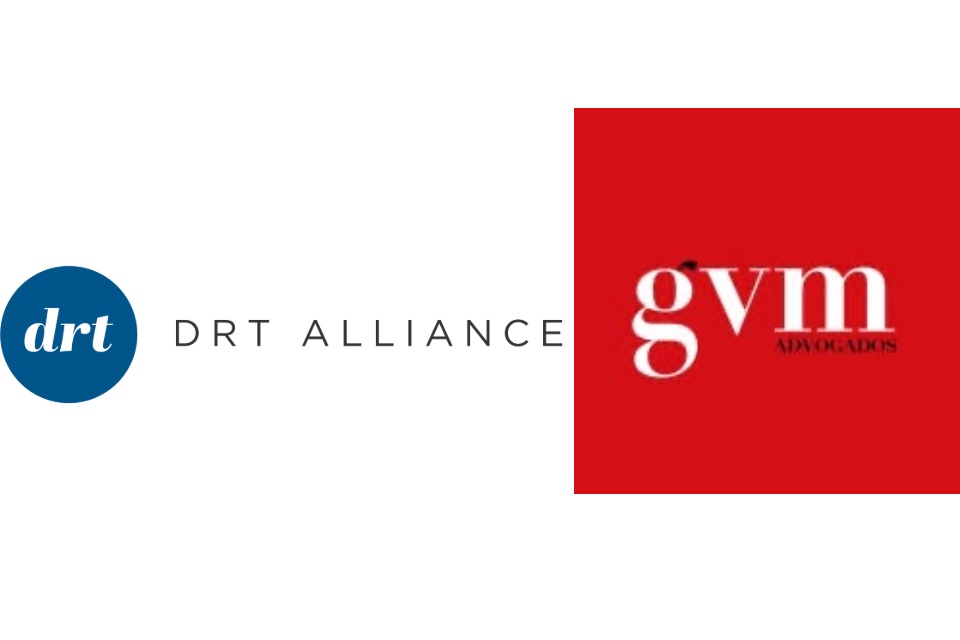















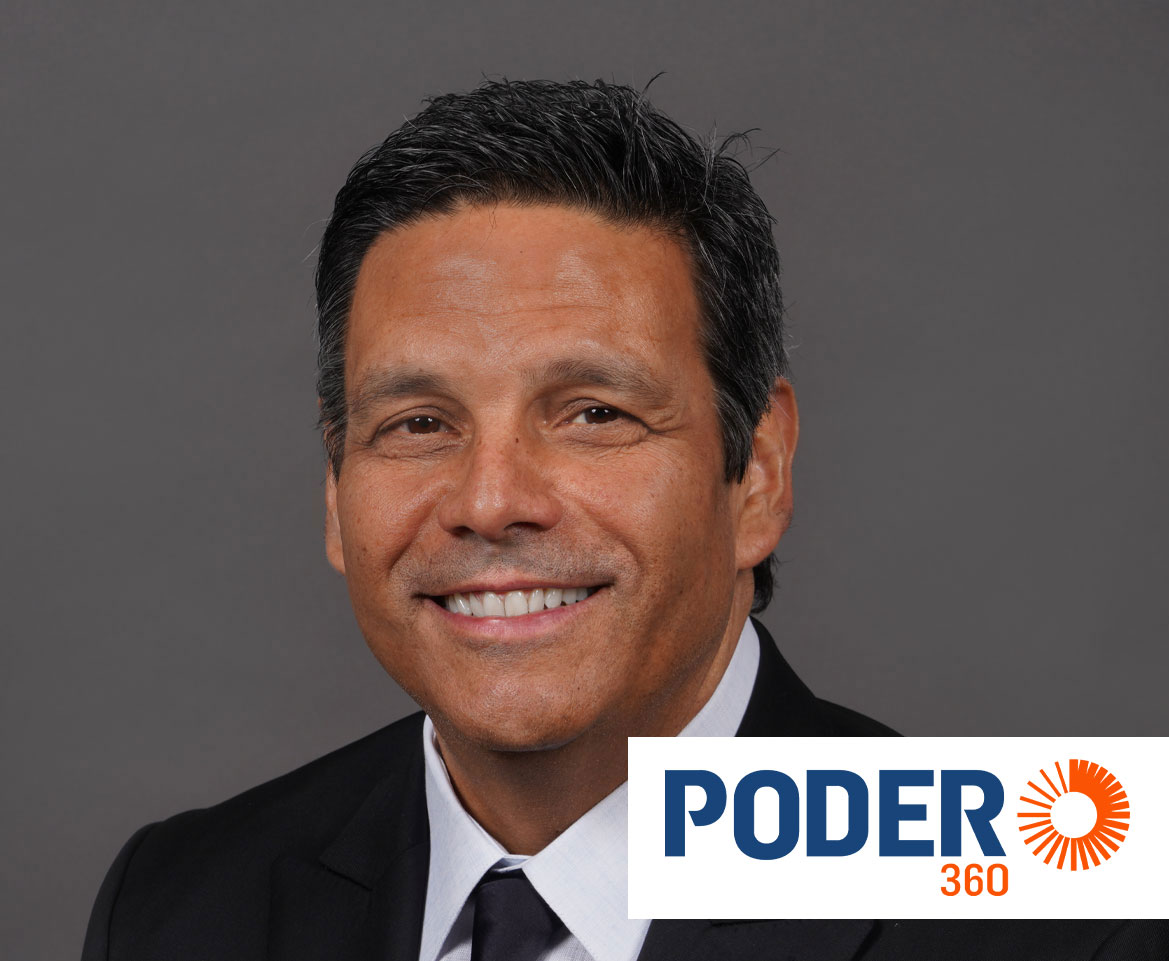




































































![Especial abogados Salón de la Fama[61] 4](https://diazreus.com/wp-content/uploads/2023/06/Especial-abogados-Salon-de-la-Fama61-4-pdf.jpg)



























































































































































































